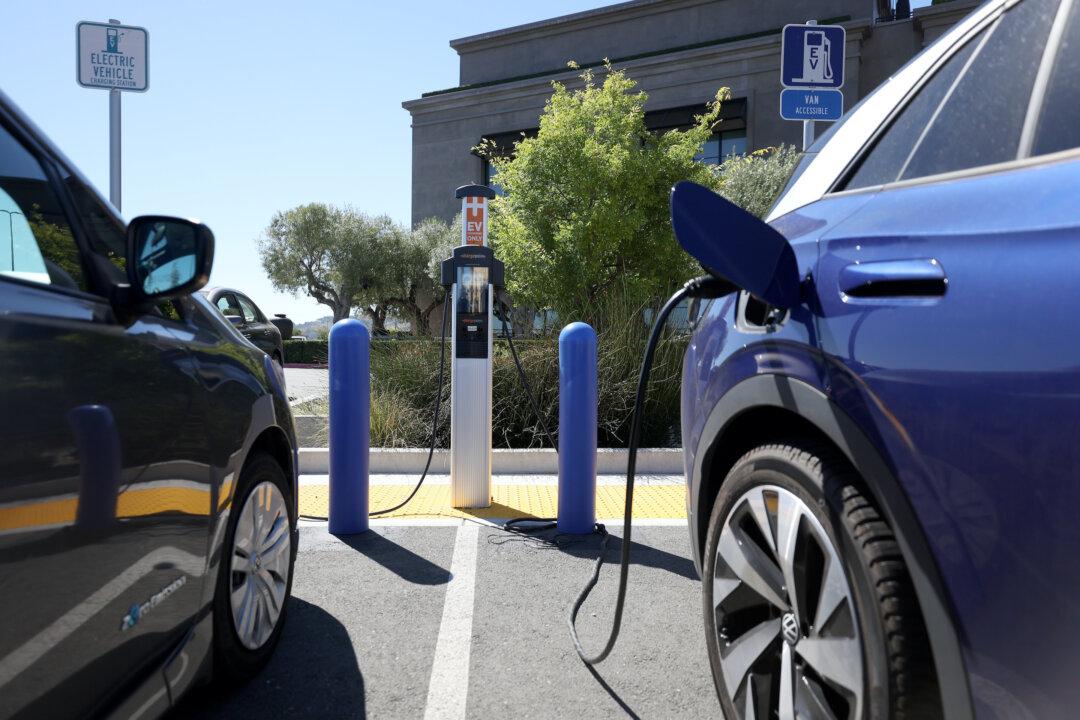As part of an effort to move to net zero by 2050, the New South Wales (NSW) government is funding nearly 700 new electric vehicle (EV) chargers in the largest single rollout in Australia.
And the need, it seems, is largely fuelled by demand.

As part of an effort to move to net zero by 2050, the New South Wales (NSW) government is funding nearly 700 new electric vehicle (EV) chargers in the largest single rollout in Australia.
And the need, it seems, is largely fuelled by demand.